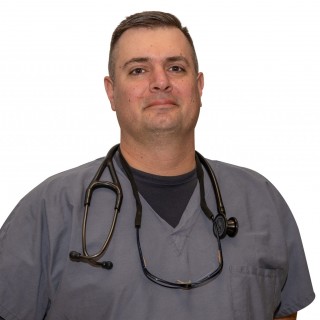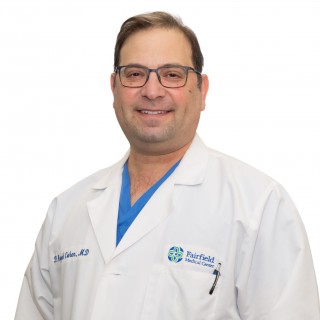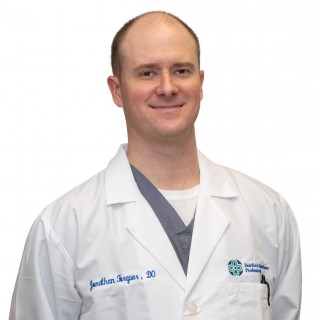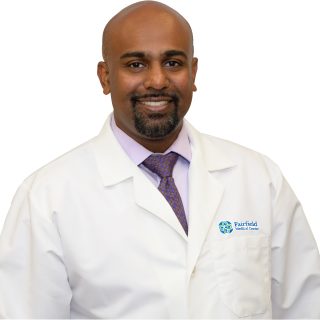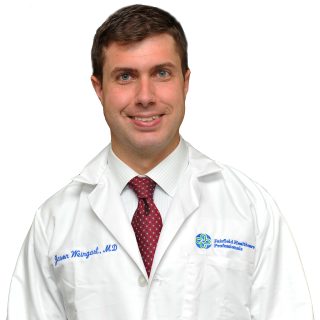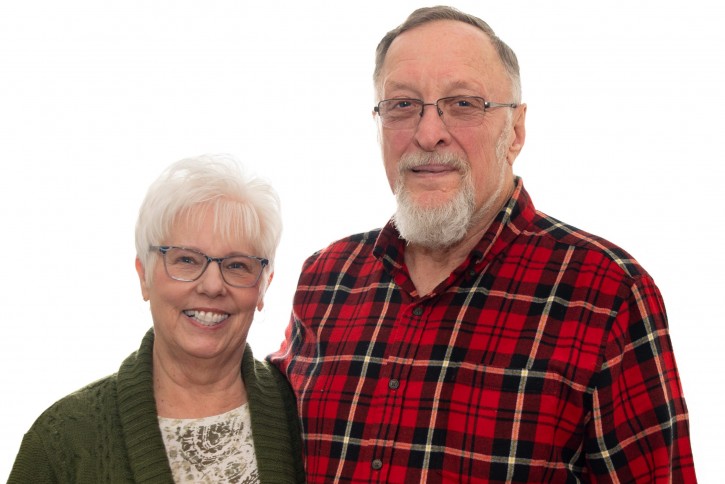
Article originally published January 29, 2021.
Did you know that Feb. 22 was National Heart Valve Disease Awareness Day? Each year, the day aims to increase the recognition of symptoms associated with structural heart disease and encourage early detection and intervention to save and improve the lives of those affected.
Read on to learn more about how FMC’s commitment to treating heart valve disease can improve the lives of patients right here in our community.
Last summer, David Mast noticed that he had less energy than he used to. Mowing the lawn, a task that he once enjoyed, had become a burden, and the lengthy walk to the end of the driveway and back wasn’t quite as easy as it used to be. “I was just extremely tired,” David explained. “I would be doing something, and then all at once it would be time to stop and rest.”
At first, David and his wife, Judy, attributed his fatigue to the fact that David was getting older – but a visit to Dr. Michael Reinig of Fairfield Healthcare Professionals Cardiology soon proved otherwise. David was suffering from aortic stenosis, a disease characterized by the narrowing or stiffening of the aortic heart valve. While many patients with aortic stenosis report a variety of symptoms, including moderate to severe shortness of breath, dizziness, chest pain or pressure, heart palpitations and even symptoms of heart failure, like rapid weight gain and swelling of the feet, legs or abdomen, David exhibited none of these: he was simply worn out.
After receiving the diagnosis, Fairfield Medical Center’s Structural Heart Team worked quickly to identify a treatment plan. Ultimately, it was determined that David was a candidate for FMC’s new, minimally invasive procedure known as TAVR (transcatheter aortic valve replacement): a solution that would allow David to receive a functioning heart valve without undergoing open-heart surgery. “They explained everything completely, and they made sure I was comfortable,” David shared. “I could not have had better care, during or after surgery.”
“They were really great,” Judy added of David’s care team, which included Drs. Jason Weingart, John Lazarus, and nurse practitioner Abby Grubb. “They all treated us so well. And during recovery in the surgical ICU, his nurse Theresa Wharton, RN, was so knowledgeable, attentive and kind,” the couple agreed.
Since undergoing TAVR, David has noticed a big difference in his energy level, and he’s looking forward to getting back to the active lifestyle he once enjoyed. “Our community has been blessed with our hospital. The staff at Fairfield Medical Center is top-notch, and I have the highest respect for what they’ve done for me.”
If you are concerned that you or a loved one may be suffering from structural heart disease, speak with your provider about a referral to the Structural Heart Program.
Learn More About Aortic Stenosis
Aortic stenosis, which is caused by a narrowing of the aortic heart valve, is one of the most common – and most serious – forms of structural heart disease. The condition often develops in healthy individuals as a result of the normal aging process, typically in those 60 years and older. A history of rheumatic fever, congenital heart defects, high blood pressure, kidney disease, diabetes or high cholesterol may contribute to an increased risk for valve disease.
Symptoms of Aortic Stenosis:
- Moderate to severe shortness of breath
- Fatigue or feeling very tired with little to no activity
- Dizziness or fainting
- Chest pain or pressure
- Heart palpitations, or feeling as though your heart is beating too fast, too slow or skipping beats
- Symptoms of heart failure, like rapid weight gain and swelling of the feet, legs or abdomen
If left untreated, aortic stenosis can be debilitating and even fatal.
“This [TAVR] procedure is truly lifesaving,” interventional cardiologist Dr. Jason Weingart shared. “It’s such a pleasure to see these patients improve and listen to the stories of all they have done since their procedure – and how much better they felt doing it. I’m just thrilled to be a part of it.”
To learn more about FMC’s Structural Heart Program, click here.
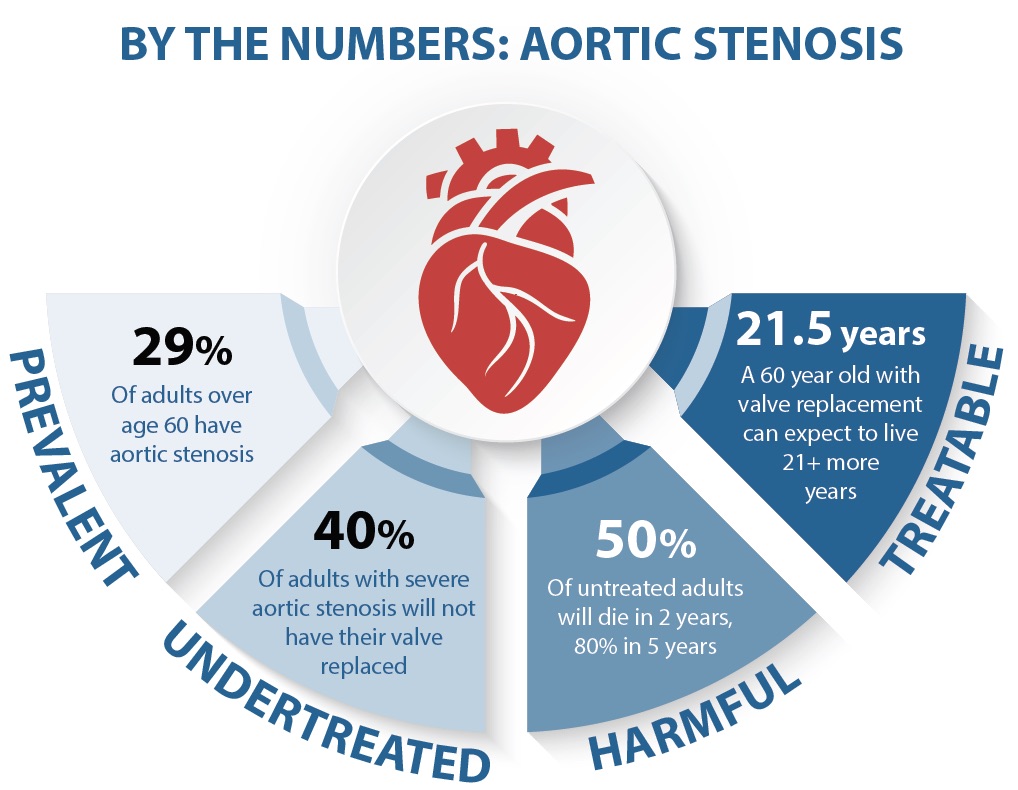
Meet FMC’s Structural Heart Team
